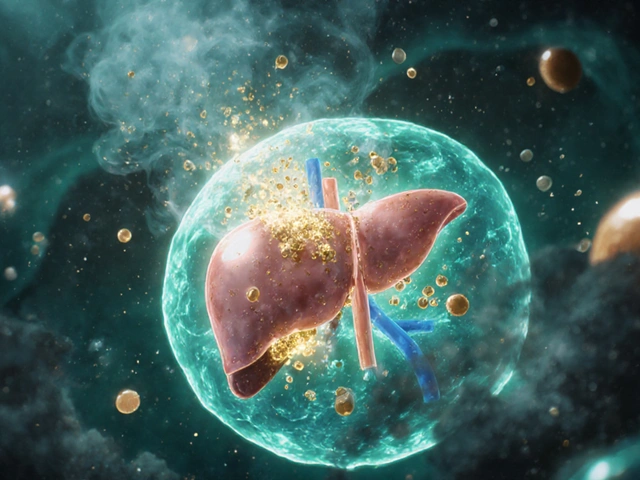Gut Microbiome: What It Is and Why It Matters
Did you know trillions of tiny organisms live in your gut? They’re not just squatters – they help break down food, protect against harmful bugs, and even talk to your brain. When these gut microbes are balanced, you feel better. When they’re out of whack, you might get bloated, tired, or moody.
Why Your Gut Microbiome Matters
Every bite you take feeds the microbes in your colon. Good bacteria turn fiber into short‑chain fatty acids that calm inflammation and keep the gut lining strong. They also produce signals that influence your immune system and mood. Research shows people with diverse gut bugs tend to have lower rates of allergies, obesity, and depression.
On the flip side, a diet high in sugar and processed foods can shrink the variety of microbes. Less diversity means fewer protective compounds and more chances for bad bacteria to take over. This shift can trigger leaky gut, irritate the lining, and send the wrong messages to your brain.
Practical Tips to Support a Healthy Gut
Start with food. Aim for at least five servings of veggies, fruits, and whole grains each day. These plant foods are full of fiber that feeds beneficial microbes. Fermented foods like yogurt, kefir, sauerkraut, and kimchi add live cultures straight to your gut.
Consider a probiotic supplement if you’ve taken antibiotics or have frequent digestive upset. Choose a product with multiple strains and at least ten billion CFUs. Remember, supplements boost numbers but don’t replace a fiber‑rich diet.
Stay hydrated. Water helps fiber move through your system, giving microbes a chance to do their job. Limit alcohol and caffeine, which can irritate the gut lining and disturb bacterial balance.
Get moving. Regular exercise, even a brisk walk, encourages a more diverse microbiome. It also reduces stress, and lower stress levels mean fewer gut‑wrenching reactions.
Sleep matters too. Aim for 7‑9 hours of quality rest. Poor sleep spikes cortisol, a hormone that can alter gut bacterial composition and increase inflammation.
Finally, manage stress. Practices like deep breathing, meditation, or a hobby can lower stress hormones and keep your gut microbes happy. It’s a simple loop: calm mind, calm gut, better health.
By paying attention to what you eat, move, and how you rest, you can keep your gut microbiome thriving. A healthy gut isn’t a miracle cure, but it’s a solid foundation for better digestion, stronger immunity, and a clearer mood.

Probiotics and Autism Spectrum Disorder: What the Science Says
Explore how probiotics may influence autism symptoms, the gut‑brain link, key research findings, and practical tips for caregivers.




